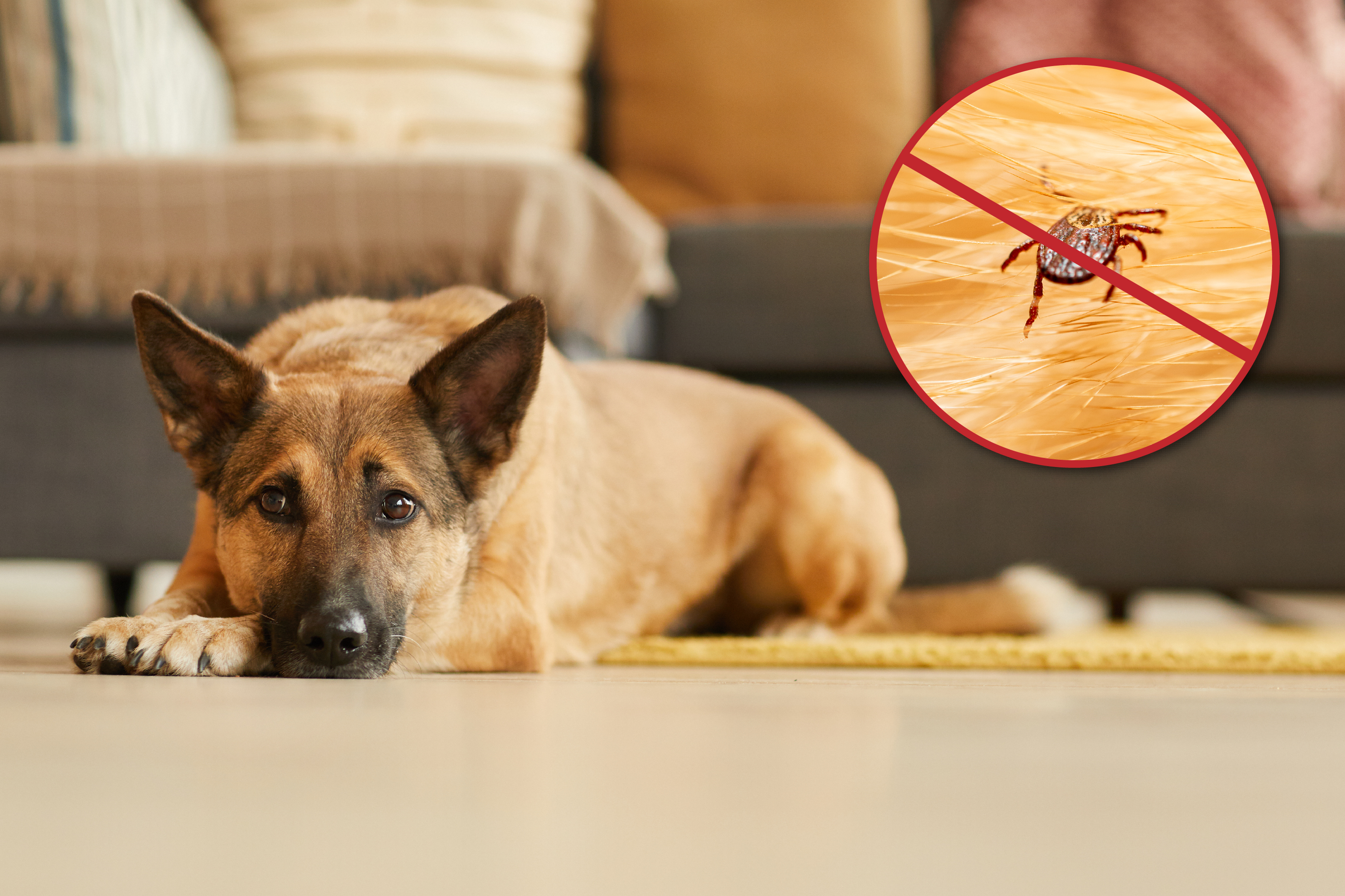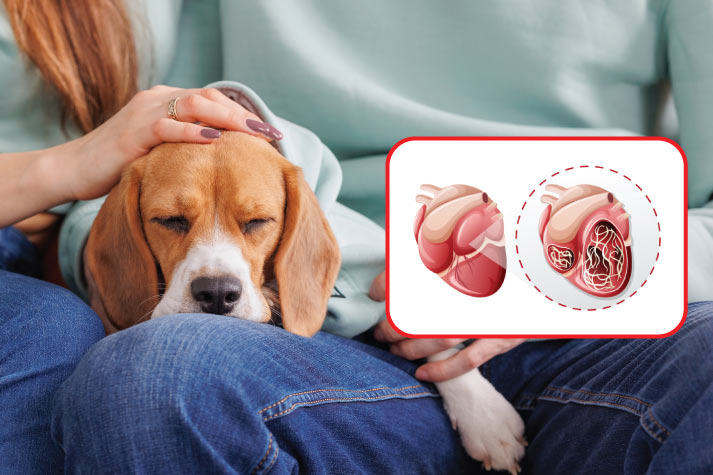
18 Apr
How to Protect Your Pet & Home During Flea & Tick Season
With the spring behind us and summer knocking on our doors, it is only natural to prepare your home for the flea and tick season. Taking preventive steps against fleas and ticks is important, as ticks carry disease-causing pathogens with them which can lead to a host of diseases and conditions for both you and your pet. Some countries require flea and tick treatment to be administered before international pet travel for this reason too.
Here Are A Few Ways to Protect Your Pet & Home During Tick Season
Why is Flea & Tick Control Important?
While fleas generally don’t carry a dangerous disease, their tendency to spread in a household and cause infestations is alarming. Since it is difficult to get rid of these parasites, it is important to take preventive measures to keep your pet and home parasite-free. Flea bites may also cause allergies in pets, and since infestations are difficult to cull, controlling them is important.
As mentioned before, ticks carry disease-carrying pathogens which can lead to sicknesses like Lyme disease, tularemia, and Rocky Mountain spotted fever. While they don't spread as easily as fleas, they can still burrow into your pet's fur with ease and latch on. Bloodsucking parasites carry a host of health hazards with them, so eliminating ticks quickly is important.
How to Control Fleas & Ticks at Home?
While you may be doing everything to prevent the entry of fleas and ticks into your household, nature is persistent, and you may have already noticed a few of these pesky pests in and about your surroundings. If you happen to have these parasites in your home, here are a few steps to rid your house of them.
- Use Tick and Flea Prevention: As a first step, you want to prevent the possibility of a parasite biting your pet and burrowing into its fur, which will eventually lead to disease. You can prevent this by using anti-parasite products like flea shampoo, anti-flea collars, and veterinary treatment. Most flea treatments also work with ticks, so you should be okay provided you consult your vet regarding the product you've chosen.
- Backyards & Front Yards: Such parasites start their lives outside, not at home. Therefore, it is important to create a separation between the filthy parasites outdoors and your precious pet indoors. You can do this by using various natural products or pesticides, and you should always consult your vet regarding the product you’ve chosen before using it. Treat your front and backyards with an anti-flea & tick agent to prevent them from getting too close to home in the first place.
Remove or Wash Bedding & Clothing: Fleas and ticks love to burrow into clothes, towels, bedding, blankets, and rug-like items. Even if they look okay when looking at them with your eyes, such items can develop infestations incredibly quickly, and so they need to be moved outside and either washed, treated, or tossed away. Bedding is especially susceptible to infestations and may need to be thrown away completely if you’ve noticed fleas in and around the house. - Treat Your Home: Much like for your pet, there are a variety of tick and flea treatment products available for your home. There are sprays, powders, and even extermination services that will clean your house out for a fee. Professional assistance may be required if you are dealing with severe infestations, as these are difficult to get rid of by yourself and often require larger-scale intervention.
- Pest Control: Preventing ticks and fleas is easier than getting rid of them. Once you have gotten the parasites at home under control, you should implement preventive measures to avoid the hassle, risk, and expense associated with exterminating these pesky parasites.
How To Get Rid of Fleas & Ticks Permanently?
- Daily Vacuuming & Cleaning: With a capacity to lay 1500 eggs a month, fleas and flea eggs must be destroyed quickly so they don’t become an exponentially increasing menace. Therefore, you should vacuum your house daily to destroy any eggs that may find their way inside.
- Clean Pet Bedding: Wash your pet’s bedding and possessions like toys and blankets in hot water. If there is a flea infestation at home, these washes should be regularly done.
- Clean Front & Backyards: Fleas and ticks will nest in dark spaces outdoors, like tall grass and piles of leaves, so clean up any buildup outside your home to prevent fleas from laying eggs.
- Check your Pet Regularly: Get into the habit of checking your pet for fleas, ticks, or eggs, especially when returning from a trail or a run. Ticks need to be in your pet's fur for at least a day before they start spreading disease, and brushing and cleaning your pet can help avoid many such instances. You should also visit your vet regularly if your pet is showing signs of a flea infestation.
To conclude, fleas and ticks are parasites that feed on the blood of your dog and can cause sickness & disease. Parasite infestations are extremely annoying and inconvenient, but they can be prevented by being vigilant, bathing your dog after walks, keeping your surroundings clean, and using tick/flea-preventive shampoos and collars. You may also be required to treat your pet against these pests if you’re planning international pet travel. Prevention is better than cure, and even if you spot a tick or flea on your dog, you can always head to your vet for a check-up and remedy.






AUTHOR’S BIO
Carry My Pet
Passionate pet enthusiasts and globetrotters, dedicated to easing furry friends' journeys worldwide. Penning tales of compassion at CarryMyPet, where every relocation is a tail-wagging adventure.